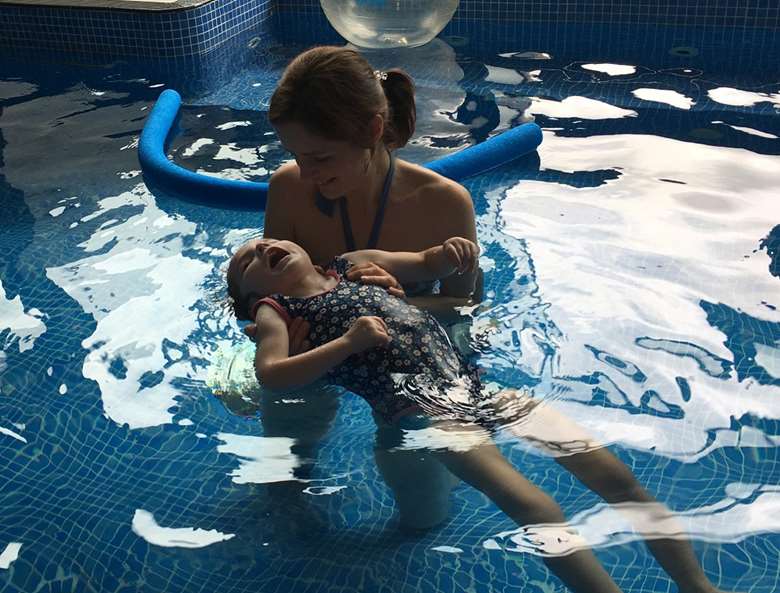Children’s hospices 'plugging end of life support gaps'
Joe Lepper
Thursday, May 6, 2021
Gaps in NHS end of life support for families with seriously ill children are being filled by children’s hospices, according to research.

Researchers found that NHS provision of this specialist family support is “patchy” across local areas with gaps in care being picked up instead by charity run hospices.
-
Interview: Kate Collins, chief executive, The Teenage Cancer Trust
-
Research: Commissioning children's palliative care in England
Gaps in specialist palliative knowledge and training, emotional wellbeing support as well as help when older children transition from young people’s to adult support are among challenges raised by 100 families surveyed for the research.
Clinical commissioning groups (CCGs) were also involved in the research carried out on behalf of Lancashire-based Derian House Children’s Hospice.
All families spoken to use its services and the CCGs involved are based in the North West of England.
One representative of Chorley, South Ribble and Greater Preston CCG highlighted the need for specialist training for health professionals, saying: “There is a whole raft of provision, but how confident and competent they are in managing end of life pathways is questionable”.
A representative from Liverpool's Alder Hey Children’s Hospital said that “different professionals have different levels of anxiety around talking about” end of life care.
Addressing cultural and language barriers are also cited as gaps in support. The report found that in areas with a high black and ethnic minority population “there is a need for cultural link workers”.
Among cultural issues it highlights includes challenges registering Oldham-based Romanian families with their local GP, due to frequent house moves and language issues.
The report adds: “Views about the management of sickness and death are often different across ethnic groups.”
'Bring me sunshine in your smile, bring me laughter all the while' ✨
— Derian House Children's Hospice (@DerianHouse) May 6, 2021
We can't get enough of this photo of Evie exploring the park with her walking frame for the first time #SmileADay 💚 pic.twitter.com/A0obgHJyBX
“While the findings of our research are stark, they are not shocking to us because we’ve been filling the gaps in children’s palliative and end of life care for a long time,” said the hospice’s chief executive David Robinson.
He called on the government to increase funding for hospices to recognise their wider role in supporting families.
“It costs £5m to run our services every year and yet currently only 12 per cent of this comes from government funding. The care of seriously ill children in our community is being paid for by bake sales and sponsored walks, which is simply not right,” Robinson added.
Among support most valued by families is overnight respite care to catch up on sleep. This was cited by almost two thirds (62 per cent) of families. Access to hydrotherapy pools was highlighted by more than four in ten (42 per cent).
One family of a four-year-old girl receiving respite support from the Derian House hospice said: “It’s an extra pair of hands for me, so I can have a break and some me time. It’s more the respite really, even if it’s just for three hours a couple of times a week. This is so helpful to me.”




